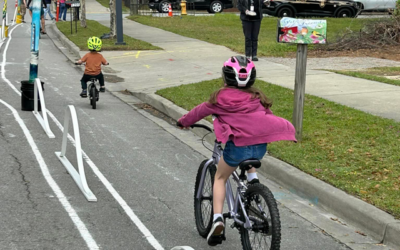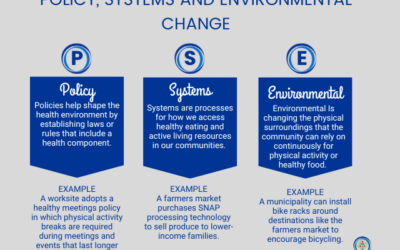https://youtu.be/cu2Q_7uiKV4
youth engagement
Civic Engagement and Voting: Your Vote is Your Voice and You Should Use It!
At Wholespire, we’re in the business of inspiring you and your neighbors to engage with each other to make South Carolina a healthier place to live. And whether we’re discussing how to do that with our family, friends, or even strangers in the grocery line, the most...
The HYPE Project® expands into Louisiana State University AgCenter, 4-H Program
The Louisiana 4-H Teens Leading Change team with Jamaius White (middle). The Louisiana State University (LSU) AgCenter and Louisiana 4-H are collaborating with Wholespire to implement The Health Young People Empowerment (HYPE) Project in two parishes over the next...
Jumping Through Hoops: Navigating the Challenges of a HEAL Mini-Grant
Oakwood-Windsor Elementary School students have access water while enjoying recess. Sometimes, even the best plans run into unexpected challenges, especially during the procurement process. When your mini-grant project doesn’t go as planned, it can be discouraging,...
Walkability Efforts in South Carolina: Small Steps Matter
By Adrienne Patrick A pop-up bike lane demonstration in the Cayce-West Columbia, South Carolina arts district. Last summer, Wholespire, with support, guidance, and funding from the South Carolina Department of Public Health (formerly the SC Department of Health and...
Submit your nomination for board of directors today
Do you want to make a difference in the lives of South Carolinians? Do you know someone who does? We’re seeking nominations for our board of directors now through September 30!
Why is community feedback an important piece of PSE change?
Change can be difficult for many people to accept, especially when they are unaware of the plans to create change or have not been asked for their input. By not involving the people impacted by the change, you risk alienating community members, losing support for...
PSE Simplified: Determining if your project is a PSE change or program
Wholespire provides grant opportunities to communities across South Carolina for implementing a policy, system or environmental (PSE) change project. It’s a concept that can be challenging to explain and understand. To prepare you for any upcoming grant opportunities...
Decoding Jargon: 6 essential Wholespire terms to know
Have you ever left a meeting thinking, ‘I have no idea what they said’? Maybe you started working on your grant final report and don’t understand what’s being asked. That’s probably because of jargon—language used by people within a particular profession, culture, or...









